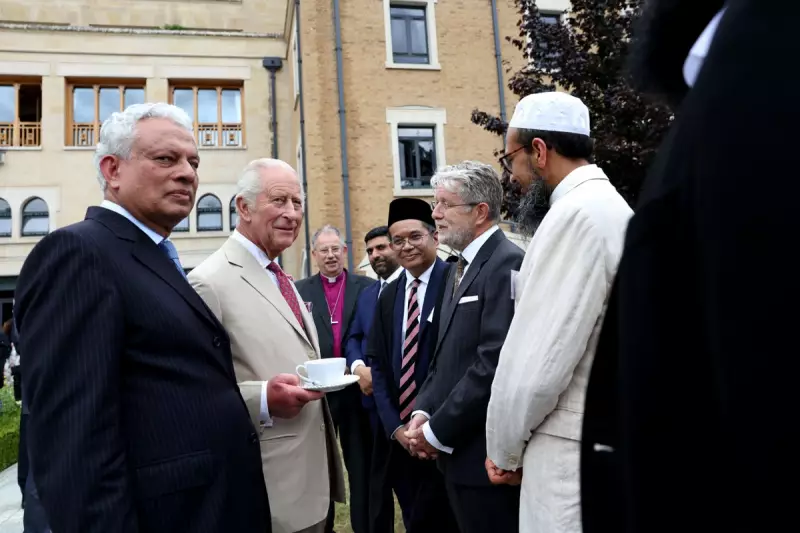
King Charles III has found himself at the centre of a heated political debate following his remarks on Islamic extremism and Israel. His comments, made during a private meeting, have drawn sharp criticism from former ministers, including Dominic Grieve and Jack Straw, who argue that the monarch has overstepped the bounds of royal neutrality.
Controversial Comments
The King's alleged suggestion that Islamic extremism poses a greater threat than other forms of extremism has raised eyebrows, particularly given the ongoing tensions in the Middle East. His remarks were interpreted by some as taking sides in a highly sensitive geopolitical issue.
Political Backlash
Former Justice Secretary Dominic Grieve described the comments as "ill-advised" and "potentially damaging" to the monarchy's reputation for impartiality. Meanwhile, ex-Home Secretary Jack Straw warned that such statements could undermine the UK's diplomatic relations with Muslim-majority countries.
Constitutional Concerns
The incident has reignited debates about the role of the monarchy in modern Britain. Constitutional experts have reminded the public that while the King has the right to hold personal opinions, he must avoid expressing views that could be seen as political or divisive.
Palace Response
Buckingham Palace has declined to comment on the private conversation, maintaining its policy of not discussing the monarch's personal views. However, sources close to the King suggest he was merely expressing concern about all forms of extremism rather than singling out any particular group.





